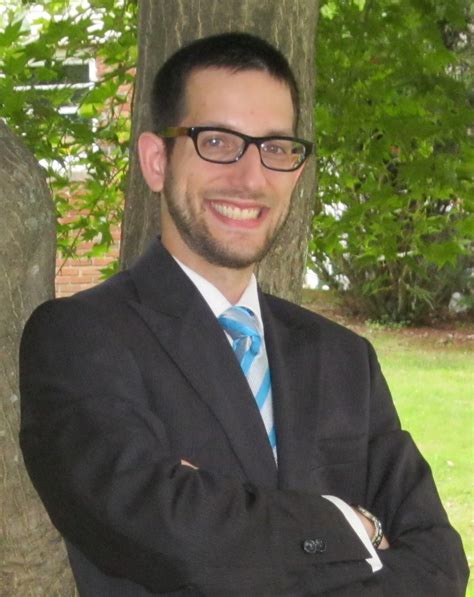A Quote by Gertrude Lawrence
Very few among us are noble, or even mature, in all parts of our nature at the same time.
Related Quotes
Nature has but one plan of operation, invariably the same in the smallest things as well as in the largest, and so often do we see the smallest masses selected for use in Nature, that even enormous ones are built up solely by fitting these together. Indeed, all Nature's efforts are devoted to uniting the smallest parts of our bodies in such a way that all things whatsoever, however diverse they may be, which coalesce in the structure of living things construct the parts by means of a sort of compendium.
Modern physics has taught us that the nature of any system cannot be discovered by dividing it into its component parts and studying each part by itself... We must keep our attention fixed on the whole and on the interconnection between the parts. The same is true of our intellectual life. It is impossible to make a clear cut between science, religion, and art. The whole is never equal simply to the sum of its various parts.
It is the nature of the noble and the good and the wise that they impart to us of their nobility and their goodness and their wisdom while they live, making it natural for us to breathe the air they breathe and giving us confidence in our own untested powers. And the same influence in more ethereal fashion they continue to exert after they are gone.
Let us hear the dangers of thralldom to our consciences from ignorance, extreme poverty, and dependence; in short, from civil and political slavery. Let us see delineated before us the true map of man. Let us hear the dignity of his nature, and the noble rank he holds among the works of God-that consenting to slavery is a sacrilegious breach of trust, as offensive in the sight of God as it is derogatory from our own honor or interest or happiness-and that God Almighty has promulgated from heaven liberty, peace, and goodwill to man!
Most of us have become Ecozombies, desensitized, environmental deadheads. On average, society conditions us to spend over 95% of our time and 99.9% of our thinking disconnected from nature. Nature's extreme absence in our lives leaves us abandoned and wanting. We feel we never have enough. We greedily, destructively, consume and, can't stop. Nature's loss in our psyche produces a hurt, hungering, void within us that bullies us into our dilemmas.
Technology is neutral and sterile. Now, technology is the nature of modern man; it is our environment and our horizon. Of course, every work of man is a negation of nature, but at the same time, it is a bridge between nature and us. Technology changes nature in a more radical and decisive manner: it throws it out.
Let us, then, take our compass; we are something, and we are not everything. The nature of our existence hides from us the knowledge of first beginnings which are born of the nothing; and the littleness of our being conceals from us the sight of the infinite. Our intellect holds the same position in the world of thought as our body occupies in the expanse of nature.
In science we see progress. In art there is no progress. In art the questions have always been the same. From the beginning of time till now, we are always asking the same questions. There are very few. We are looking for God, we are asking why we die, we are contemplating sex and the beauty of nature. The only thing that changes is that, in each period of questioning, we speak with the language of our time.
We can glut ourselves with how-to-raise children information . . . strive to become more mature and aware but none of this will spare us from the . . . inevitability that some of the time we are going to fail our children. Because there is a big gap between knowing and doing. Because mature, aware people are imperfect too. Or because some current event in our life may so absorb or depress us that when our children need us we cannot come through.
Music. – There is something very wonderful in music. Words are wonderful enough: but music is even more wonderful. It speaks not to our thoughts as words do: it speaks straight to our hearts and spirits, to the very core and root of our souls. Music soothes us, stirs us up; it puts noble feelings into us; it melts us to tears, we know not how: – it is a language by itself, just as perfect, in its way, as speech, as words; just as divine, just as blessed.




































